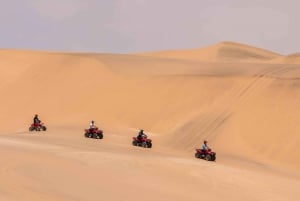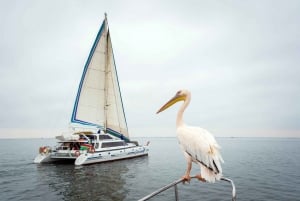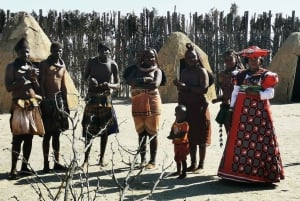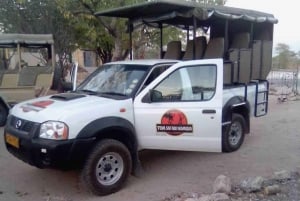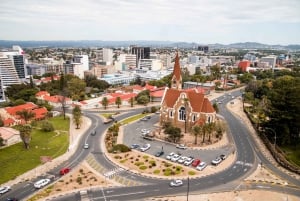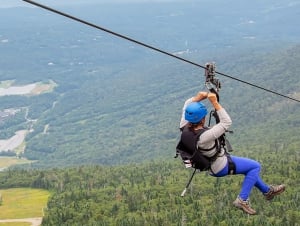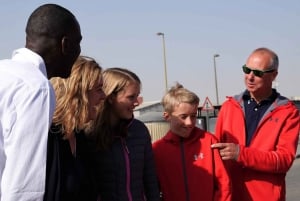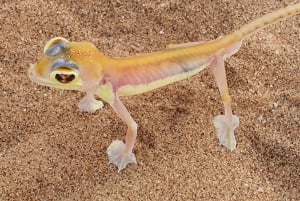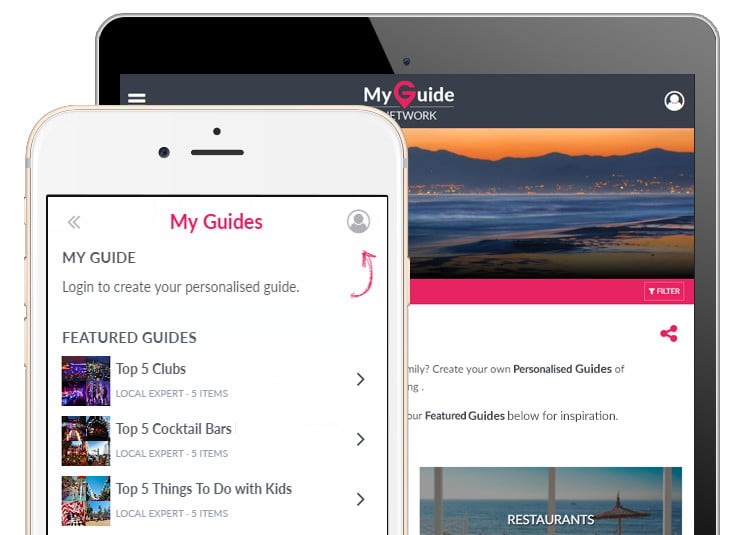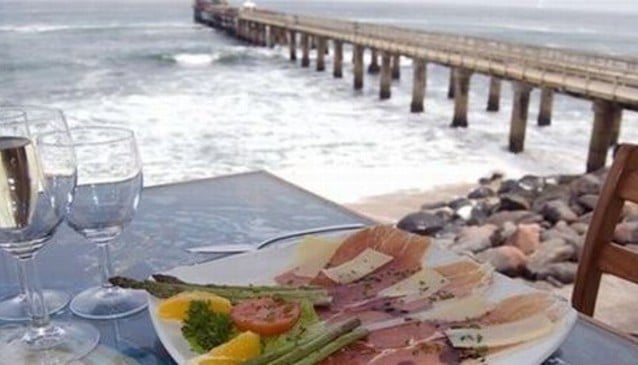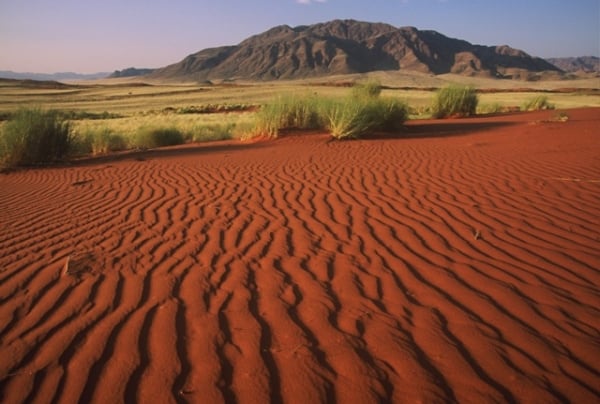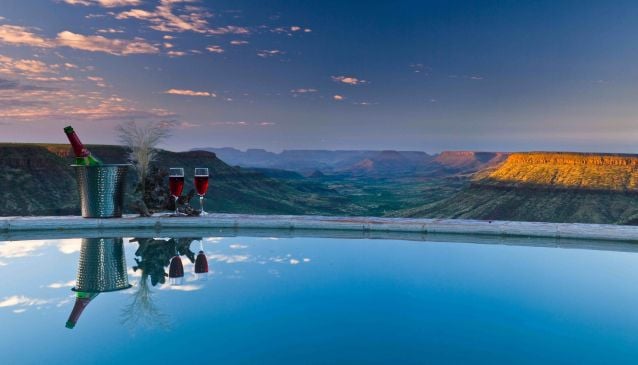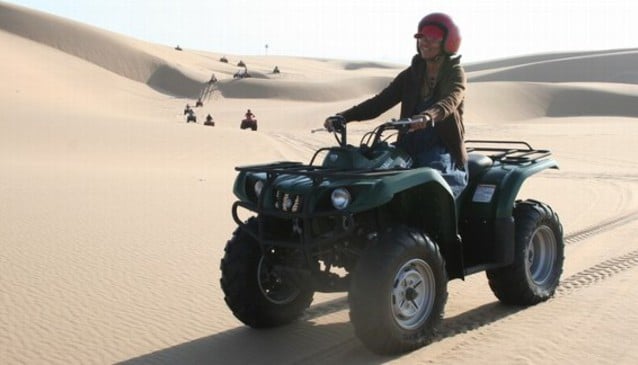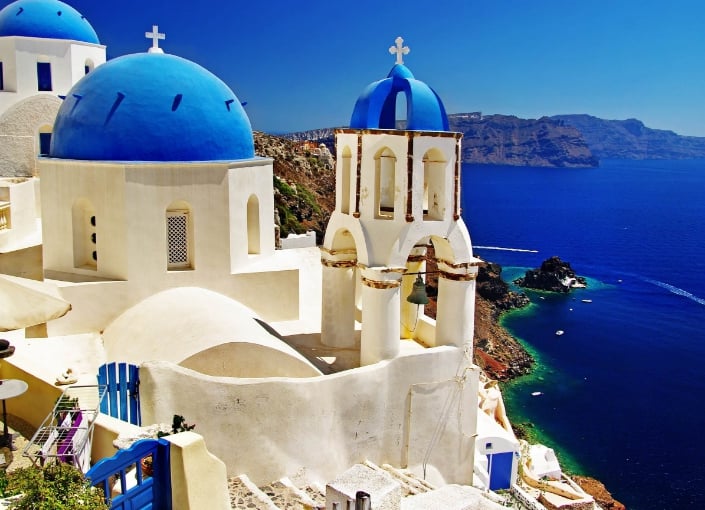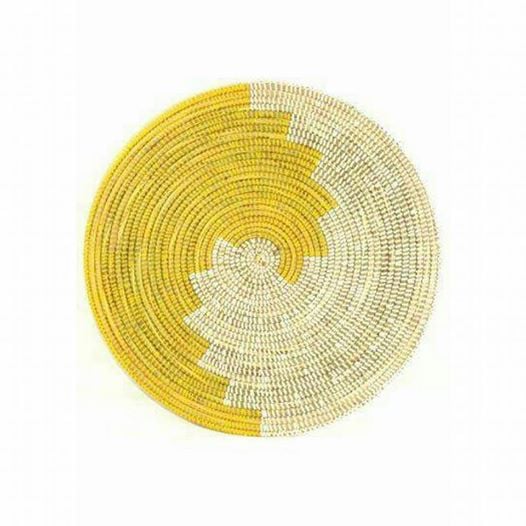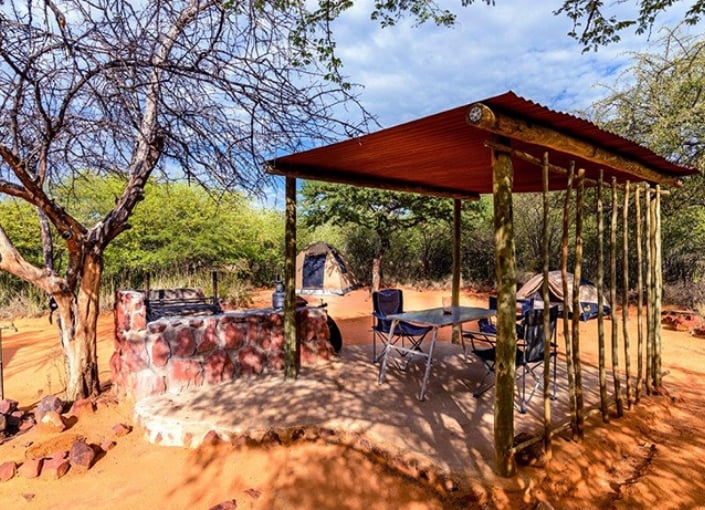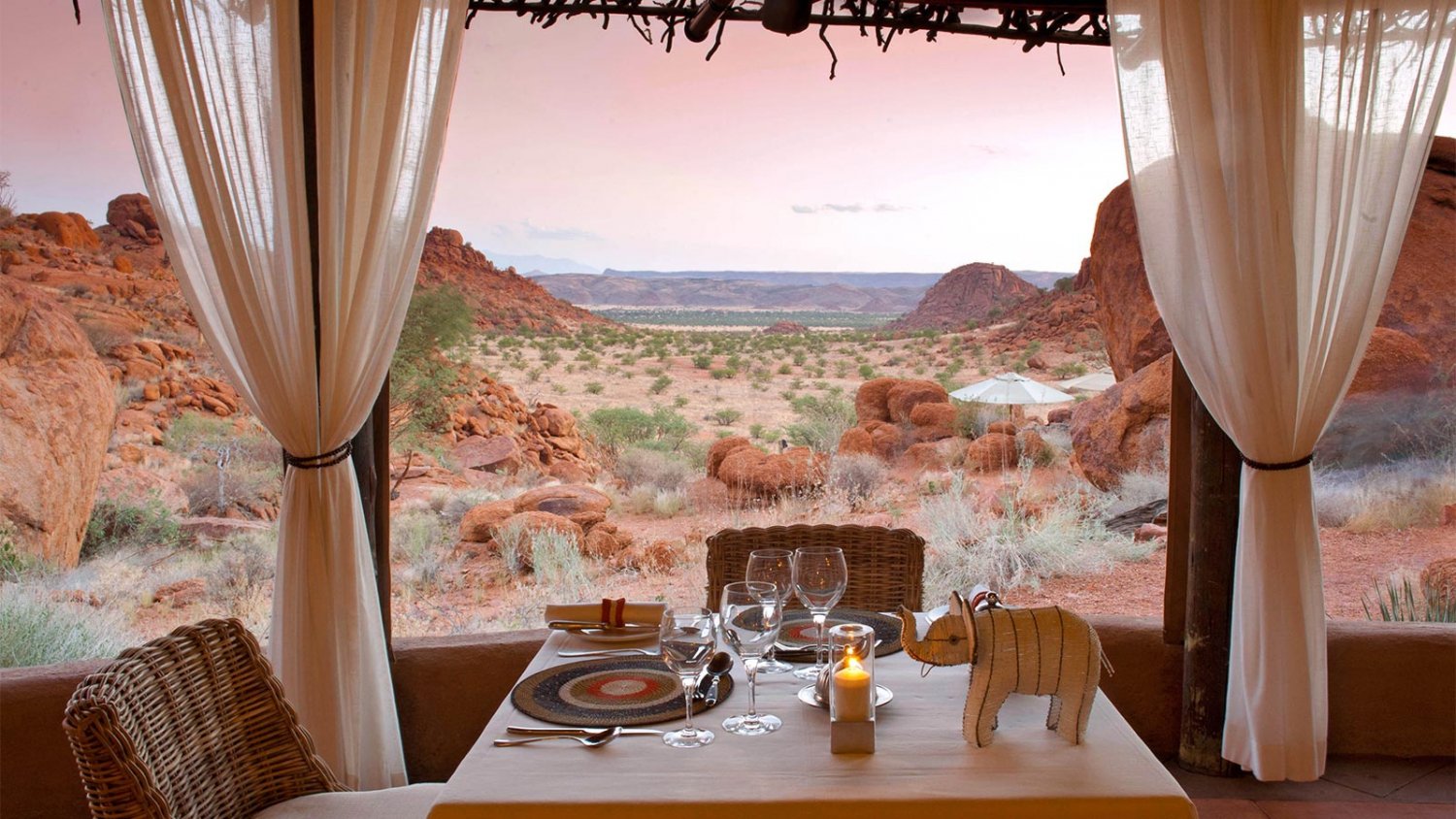Namibian Permits & Areas
What areas need permits?
Namibia is a country that is very dedicated to the conservation of its natural resources. Approximately 42% of its land is under some form of conservation management while 17% of this figure is attributed to national parks. Entry permits are required for all national parks, state-operated nature reserves, protected areas and national heritage sites.
In most cases, permits can be obtained at the entrance gates to these areas, for example the Etosha National Park. For all other areas permits can be bought at the Ministry of Environment and Tourism offices located in Windhoek and Swakopmund. For some areas, such as the Namib Naukluft Park and the Dorob National Park, permits can be obtained at the closest town, in this case Sesriem. Please note that to traverse any of the named areas without a valid permit is considered an offense and can lead to a hefty fine. Strict operating hours are also enforced between sunrise and sunset. Below is a list of some of the parks that will require entry permits:
· /Ai-/Ais Richtersveld Transfrontier National Park
· Bwabwata National Park
· Etosha National Park
· Khaudum National Park
· Mamili National Park
· Mangetti National Park
· Mudumu National Park
· Namib Naukluft National Park
· Skeleton Coast National Park
· Waterberg Plateau Park
Namibia also has a collection of national heritage and historic sites that will require permits to enter. Do take note that often these areas are not self-drive and will require the accompaniment of a local guide, such areas include Twyfelfontein & Kolmanskop. Remember that these permits cannot be pre-applied for or obtained electronically.
What do the permits entail?
The exact requirements for permits will depend on the specific area you wish to visit and also the type of activity you wish to engage in.
The basic restrictions to permits for national parks and protected areas generally include the below:
· Vehicles may only drive on clearly marked paths, no off-road driving will be allowed.
· Speed limits may be enforced; this is usually between 40 and 60 km/hr.
· Remove, destroy or damage any floral species within the areas.
· Remove, kill or maim any faunal species within the areas.
· Kindle a fire in any area other than designated.
· All rubbish must be collected and disposed of in the designated rubbish bins.
· Entering these areas is done at own risk.
· Entry and exit is strictly enforced from sunrise to sunset.
Permits for hunting and fishing are also required with specific regulations on the import of firearms, the export of trophies, what areas are open to recreational fishing, which species may be hunted or fished and what the quotas are for each.
Hunting may only be done on registered concessions and farms. Regulations on the seasons, types of species, quotas, firearm permits and restrictions as well as other requirements may be obtained from the Ministry of Environment and Tourism or from NAPHA (Namibia Professional Hunting Association). The official hunting season for Namibia ranges from 01 February to 30 November. A permit must also be obtained from Nature Conservation with additional ones being issued for cheetah and leopard. More information with regards to regulations on various species as well as rifle regulations may be downloaded directly from NAPHA’s website:
natron.net/napha/english/huntinglaws.html
A permit for recreational fishing may be obtained from any Ministry of Fisheries and Marine Resources office along the coast. Regulations on the quota and size of each species as well as restrictions on bait are readily available and charts on high and low tides may be found at filling stations and tack shops. All regulations are available for download on the link below:
The Namibian Filming Commission (NFC) regulates all commercial filming projects in Namibia. Please note that for any such purposes persons are required by law to apply for a filming permit as well as a temporary work visa. Further information on the application process is available on the NFC website:
namibianembassyusa.org/index.php?option=com_content&view=article&id=56&Itemid=88
Contact details for the Ministry of Environment and Tourism’s Windhoek and Swakopmund Offices:
Windhoek:
Levinson Arcade
Capital Centre Building, 4th floor
Tel: +264 61 284 2178
Swakopmund:
Bismarck Street
Tel: +264 64 404 576
